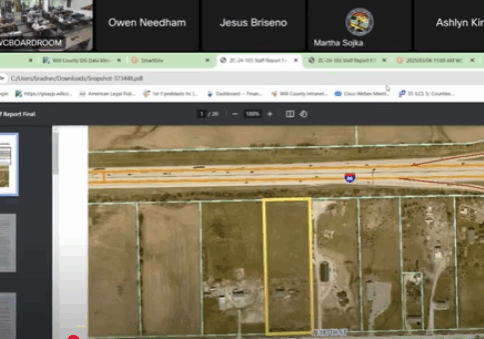Latest News Stories

District Modifies Janitorial Contract, Saving Money by Bringing Junior High In-House
Article Summary: The Beecher Board of Education approved a new janitorial contract with Citywide Janitorial for the 2025-2026 fiscal year that covers only the elementary school, a change that will...

Meeting Summary and Briefs: Beecher Board of Education for July 9, 2025
The Beecher Board of Education began the process of creating a new five-year strategic plan by holding an in-depth discussion to overhaul its district goals at its July 9 meeting....

Washington Township to Reduce Office Hours in Summer Trial
Article Summary: The Washington Township Board of Trustees has approved a plan to reduce public office hours for a trial period this summer, citing less foot traffic and potential cost...
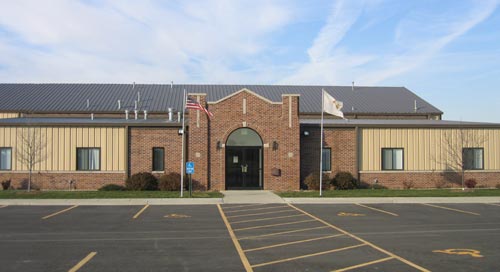
Washington Township Opts for $1,050 AC Repair Over $10,200 Replacement
Article Summary: The Washington Township Board of Trustees chose to repair two non-functional, 25-year-old air conditioning units for $1,050 rather than pursue a full replacement of all three units at...
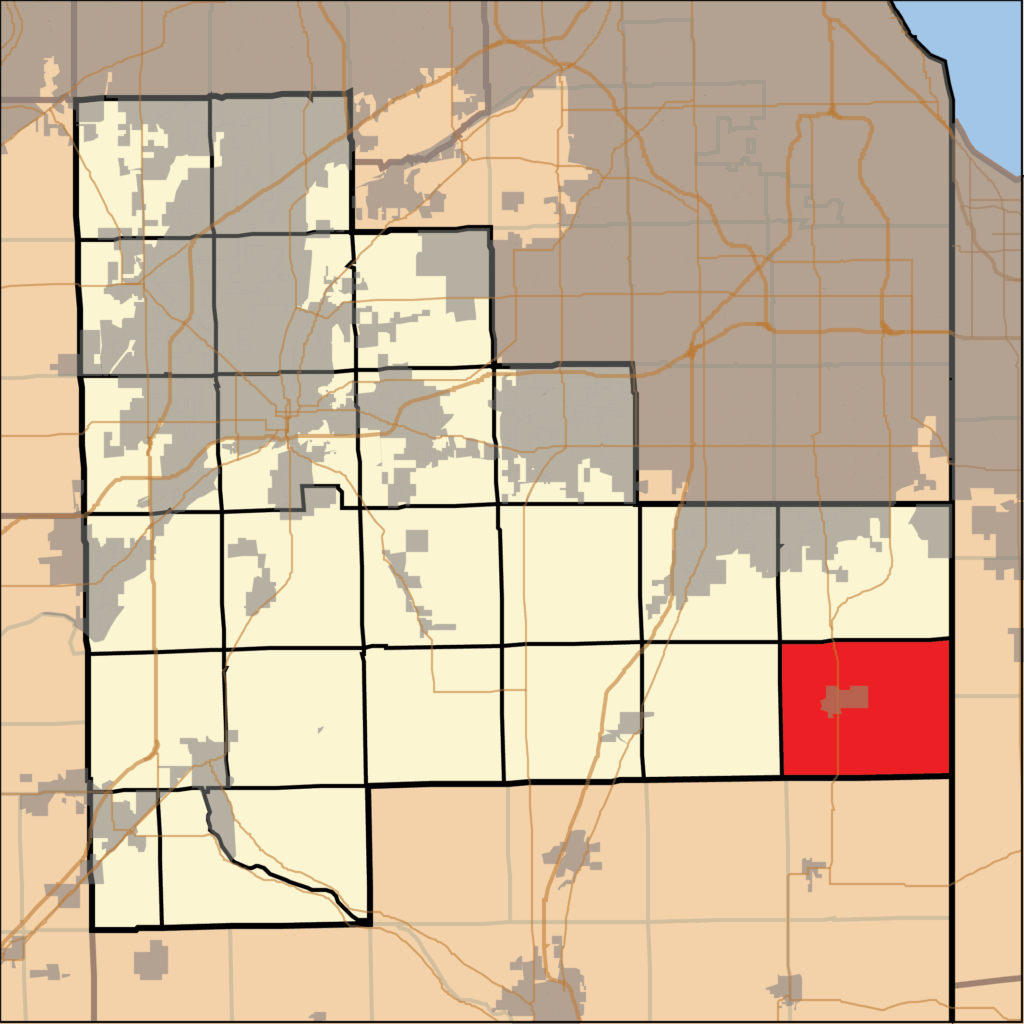
Property Assessments Set to Rise Across Washington Township
Article Summary: Washington Township Assessor Pat Peters has advised residents that property assessments are expected to rise for nearly every property in the township. The increase is due to a...

Meeting Summary and Briefs: Washington Township Board of Trustees for July 7, 2025
The Washington Township Board of Trustees voted to reduce its public office hours for the summer, a key decision made during its meeting on Monday, July 7. Citing a decline...
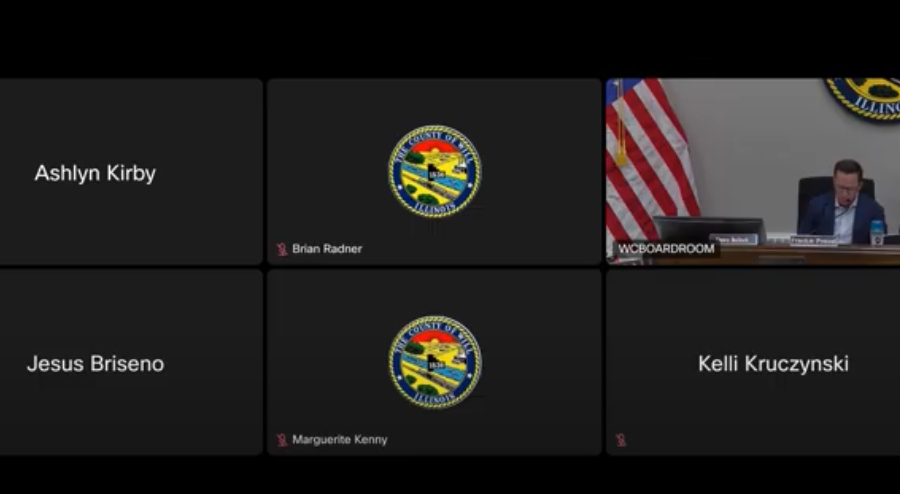
Committee Rejects Troy Township Solar Projects Amid Strong Local Opposition
The Will County Land Use and Development Committee recommended denial for two controversial commercial solar energy projects in Troy Township on Thursday, following a wave of opposition from local municipalities,...
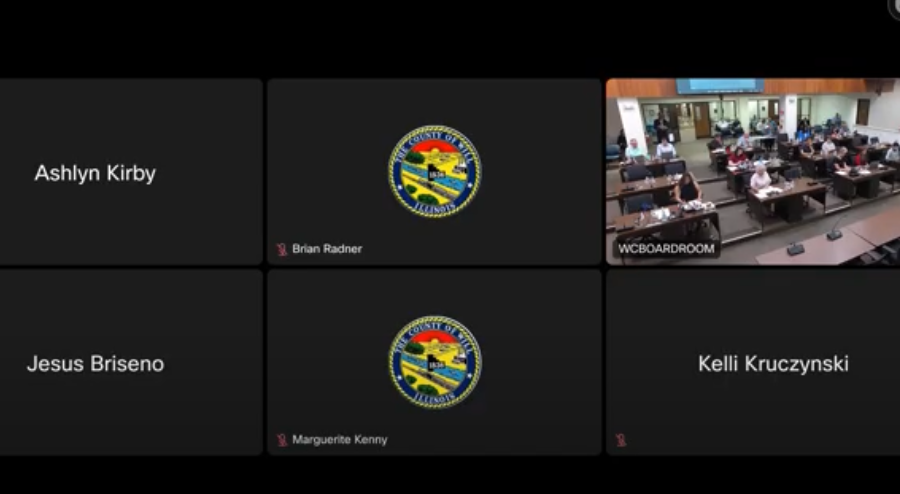
Controversial DuPage Township Rezoning for Outdoor Storage Advances
A contentious proposal to rezone a 20-acre parcel in DuPage Township from agricultural (A-1) to heavy industrial (I-3) for an outdoor vehicle storage facility narrowly passed the Will County Land...

Residents Allege Health Crises, Violations from Peotone Grain Facility
Two residents of unincorporated Peotone delivered emotional testimony to the Will County Land Use and Development Committee Thursday, alleging that a neighboring grain facility is causing severe health problems and...
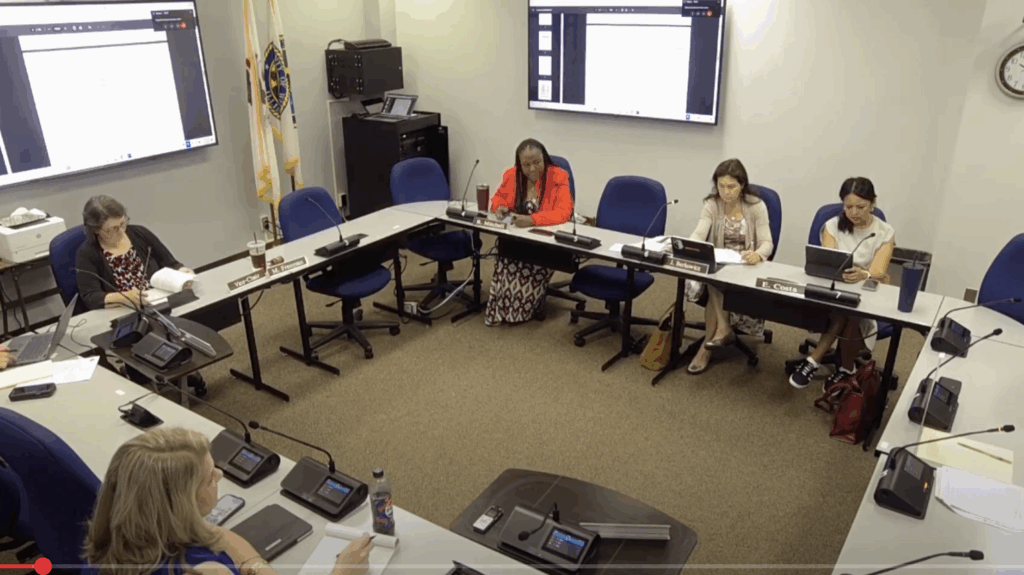
Health Department May Seek Property Tax Increase to Maintain Critical Services
The Will County Health Department is grappling with significant budget shortfalls as multiple federal grants have been terminated or reduced, potentially forcing the agency to seek additional property tax revenue...

Crete Township Solar Project Approved Despite Township Objections
A 21-acre commercial solar project in Crete Township received a favorable recommendation from the Will County Land Use and Development Committee on Thursday, despite an official objection from the township....

Health Department Opens Second Breast Milk Depot in Bolingbrook
The Will County Health Department has opened its second breast milk depot in partnership with Mother's Milk Bank of the Western Great Lakes, expanding access to donated breast milk for...

Lockport Township Solar Farm Gains Committee Approval
The Will County Land Use and Development Committee on Thursday approved a special use permit for a 25-acre commercial solar energy facility in Lockport Township. The project, proposed by Daniel...
